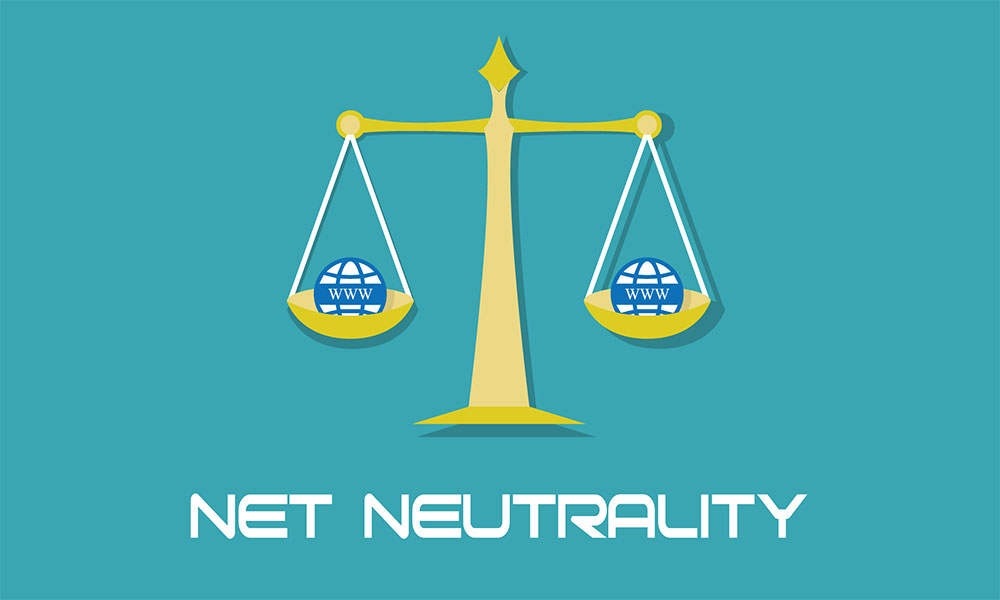
The great debate about net neutrality
Regulating the internet is a question that has baffled web users since its inception, but that hasn’t stopped politicians of all persuasions and all across the world from trying to do it.
The latest attempt to hit the headlines is the proposal to cancel the Obama-era net-neutrality laws, which obliged internet service providers to treat everyone on an equal footing, from corporate behemoths to the tiniest start ups.
The argument in favour
Those in favour of the change essentially argue that the current net-neutrality laws are a barrier to investment since they prevent companies from charging different rates for more demanding services.
They believe that removing these laws will encourage companies to invest in internet infrastructure and provide a better service. They argue that antitrust laws are robust enough to stop ISPs from unreasonably blocking services, an accusation brought up by their opponents.
The argument against
Those against the change argue that removing the net-neutrality laws is like putting the foxes in charge of the hen houses.
They fear that antitrust laws are nowhere near strong enough to stop large corporations from doing deals with each other to squeeze out competition and that smaller businesses and start-ups will find it massively difficult to compete against their large rivals as they will simply not be able to be seen online.
Antitrust laws and the reality of market forces
Let’s say Company X is a large company and it has about 100 rivals that are each about 1% of its size. If Company X does a deal with ISP Y to block access to its competitors’ websites then that might well be in breach of antitrust laws. If, however, ISP Y offers different levels of service to different websites depending on the fees paid by their owners and Company X simply pays for a better level of service than its competitors can afford, then this may not be considered to be anti-competitive behaviour as it’s a variation of a pricing model used in all kinds of industries.
The end effect, however, would be to place Company X at a huge competitive advantage over the smaller companies, possibly to the point where it could put them out of business. Many small businesses, and advocates for consumer rights, oppose an end to net neutrality because it could significantly favour those who are already big players, while disadvantaging smaller rivals to the point where they simply cannot compete.
Will marketing get more expensive?
Right now, it’s possible for companies to build really strong brands at minimal expense. If they can create great, shareable, content, they have a good chance of generating online buzz and inducing customers to their own social media platforms and website.
Companies can also make use of the very popular “freemium” approach to marketing, which is to offer a taster product for free in the hope that enough people will like it to pay for the chargeable version. If ISPs start increasing their charges for certain types of content, then the cost of online marketing could go up to a point where smaller companies struggle.
Is the end of net neutrality inevitable?
Even if the Federal Communications Commission votes to end net neutrality (as it is believed it will), the fight may not be over as opponents have indicated that they will take the matter to court and arguably have a good case.



